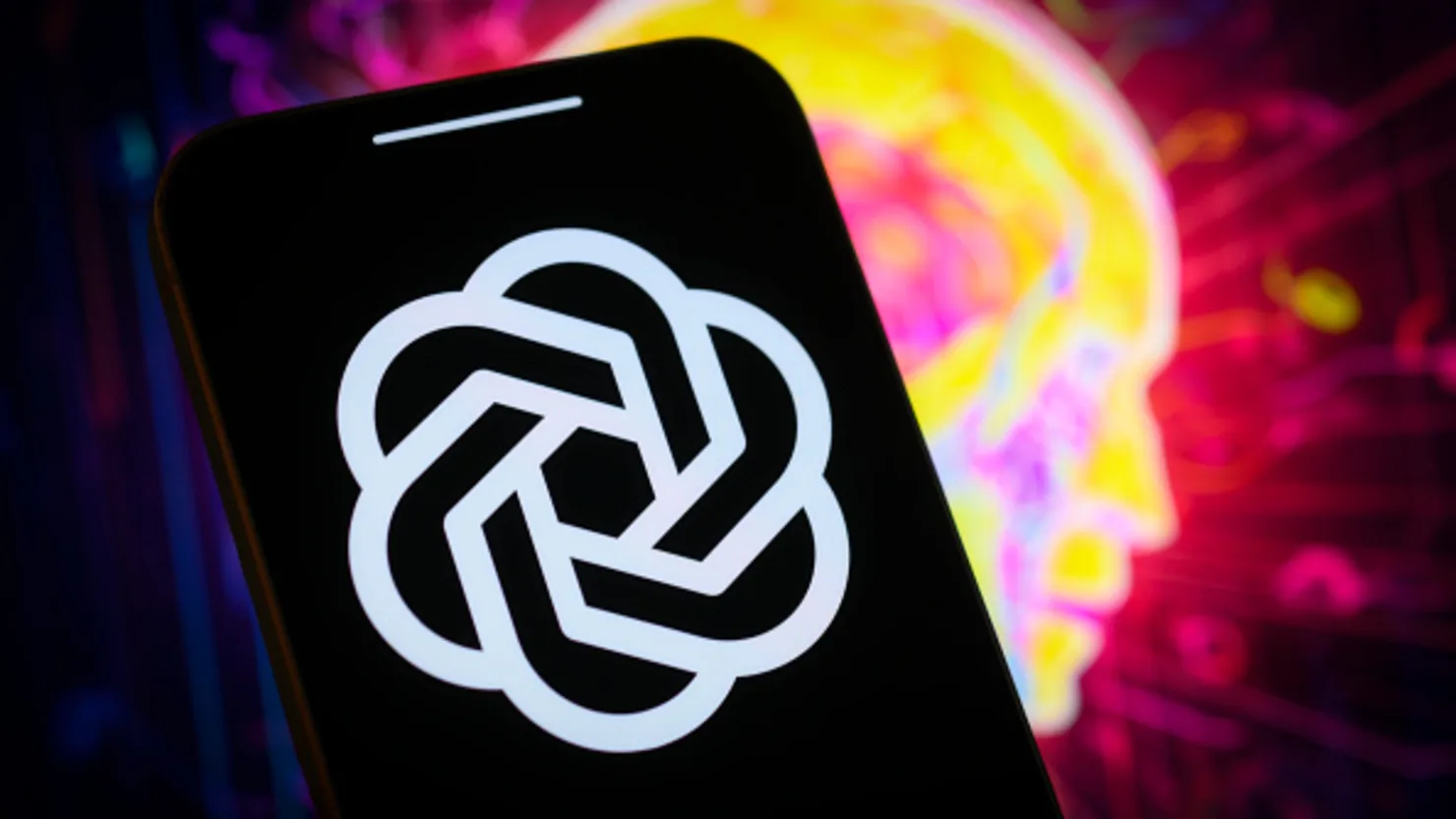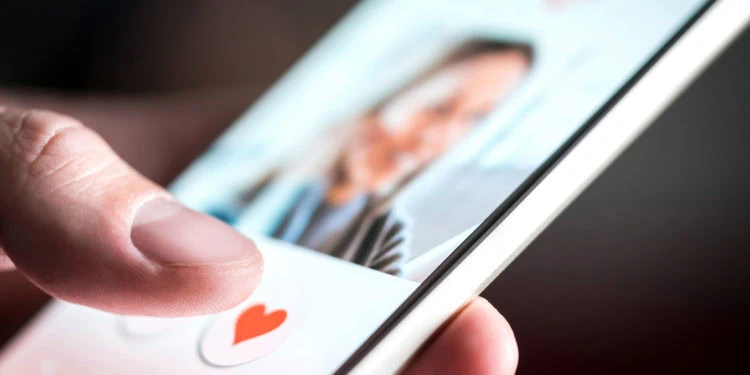A new study published in the Journal of Social Sciences suggests that relationships initiated through dating apps are just as strong and fulfilling as those formed through in-person interactions, Psy Post reports.
The findings challenge long-held societal assumptions that app-based connections are less authentic or meaningful than traditional face-to-face encounters.
Dating apps have become an increasingly popular method for meeting potential romantic partners over the past decade. However, despite their widespread use, online relationships have often been met with skepticism, with critics arguing that they may prioritize physical attraction over emotional connection or suffer from dishonesty in profiles.
To explore these concerns, the study, led by Mickey Langlais, an assistant professor in the Department of Human Sciences and Design at Baylor University, focused on comparing relationship quality between couples who met online versus those who met in person. Langlais explained his interest in the topic, stating:
“When I began this research, dating applications carried a negative stigma, yet many of my students and friends mentioned meeting their partners through these platforms. Given this paradox, I wanted to compare how satisfied couples were based on whether they met in person or via a dating application.”
The research surveyed 233 college students from a large university in the southern United States. All participants, aged 18 and older, were asked about their experiences with past and current romantic relationships. Of the participants, 120 were currently in a romantic relationship, and 169 had been in a previous one. Among those currently in relationships, 34 met their partner through a dating app, while 86 met in person. A similar pattern emerged for past relationships, with 29 meeting their partner through a dating app and 140 meeting in person.
To assess the quality of these relationships, the researchers used the Perceived Relationship Quality Components Inventory, which measures satisfaction, intimacy, and trust. Participants rated their relationships on a scale from 1 to 7, with higher scores indicating better relationship quality.
The study found no significant differences in relationship quality between those who met their partner through a dating app and those who met in person. Whether participants were in current or past relationships, those who met online reported similar levels of satisfaction, commitment, and passion as those who met face-to-face.
“The results of this study show that there were no statistical differences in relationship satisfaction based on how people formed a relationship… Those who met their current (and former) romantic partner face-to-face experienced similar levels of satisfaction compared to those who met their partner on a dating application,” Langlais said in an interview with PsyPost.
The study also highlighted how the stigma surrounding online dating has diminished over time. Langlais and his team theorized that the increasing normalization of dating apps might be a factor in the similar quality of relationships, as people are now more accepting of online platforms as a tool for finding meaningful connections.
“During the process of revising this article, the negative stigma around dating applications seems to have diminished… The results of this study contribute to why people are less likely to see dating applications as taboo or embarrassing,” Langlais said.
Despite the compelling findings, the study has some limitations. Langlais noted that the research was conducted with college students from a single university, which means the results may not be representative of broader populations. He emphasized the need for future studies to replicate the research with different demographic groups to confirm the findings.
Langlais and his colleagues are continuing to explore the role of dating apps in relationships. They are currently working on research projects that examine the physiological effects of using dating apps, such as changes in heart rate and blood pressure, as well as the impact of users’ motivations on their success in forming romantic relationships.








